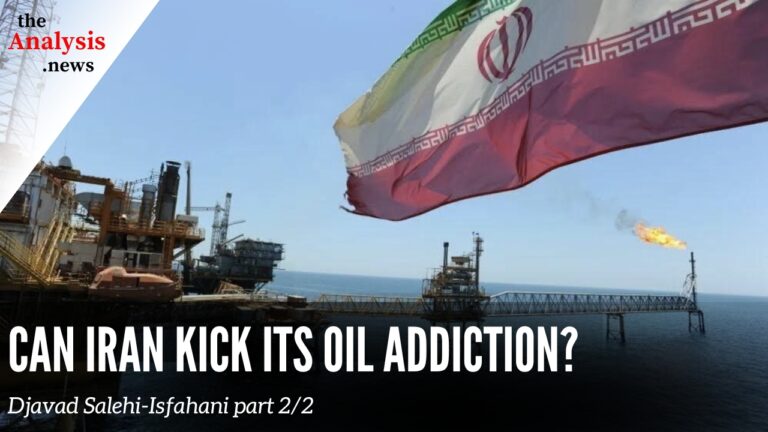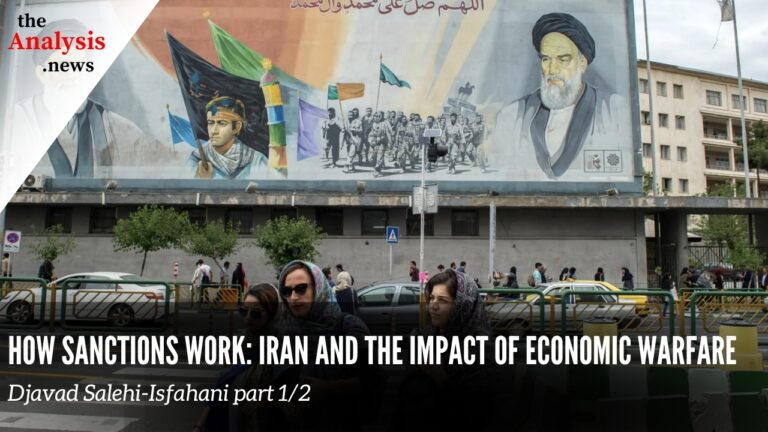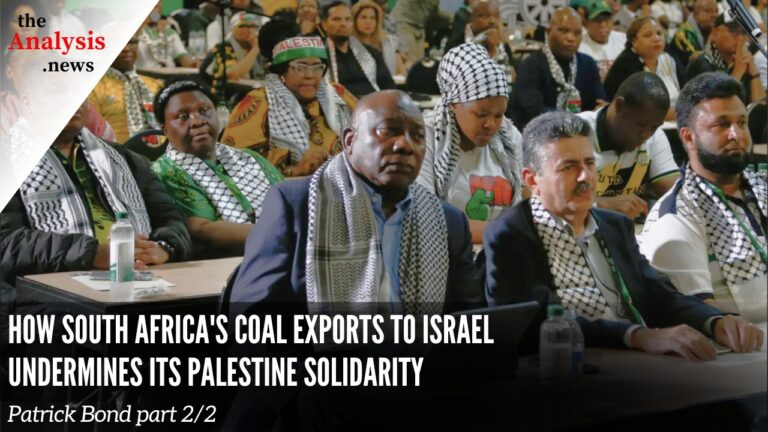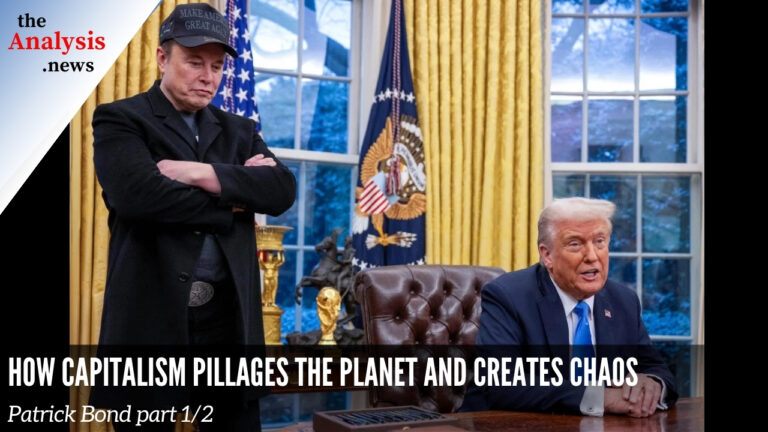Can Iran Kick Its Oil Addiction? – Djavad Salehi Isfahani Pt. 2/2
In part two, economist Djavad Salehi-Isfahani outlines what’s necessary for Iran to have a just energy transition and sustainable future. Salehi-Isfahani urges a reversal of destructive U.S. sanctions in order for Iran to better tap into its highly-educated workforce. He also argues that Iran is in a much more advantageous position to move away from its oil-export model, especially when compared to other oil-producing Gulf countries.









